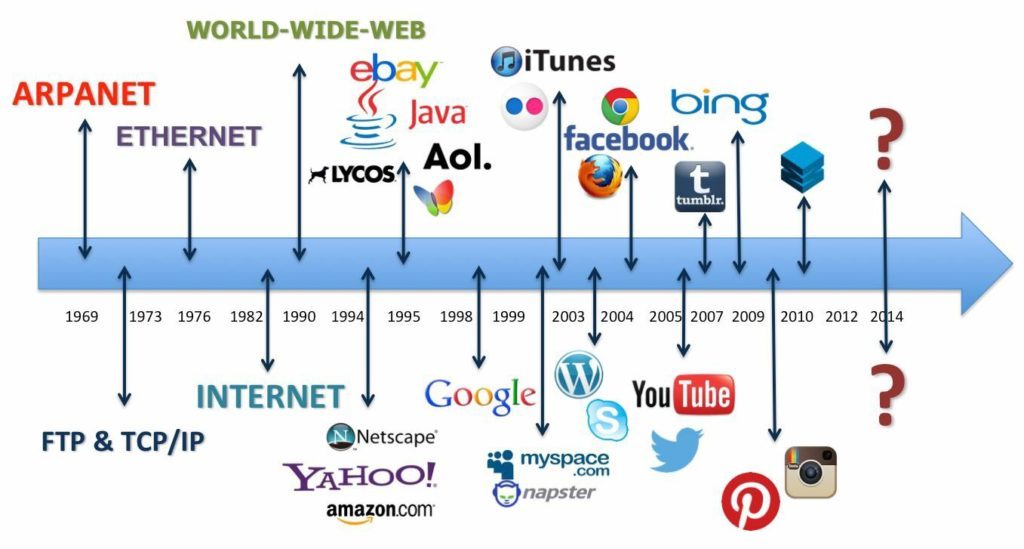The advent of Google came over 30 years after the internet was founded in the sixties. Google was founded on the 4th of September 4, 1998. “The product of friendship” it was called, Larry Page and Sergey Brin sought to produce a software that would “Organize the world’s information and make it universally accessible and useful.” It is worth noting on this account that the software was made to fundamentally give information.
Google is a subset of the internet, yet is occurs to most web users that they are equals. The reason for this is the de facto hegemony of the World Wide Web amidst countless software applications in an environment where software creation is far from complex.
Not everyone agrees with the notion that google is dominating the world wide web. According to James Cortada, the author of All the Facts: A History of Information in the United States since 1870, he believes that Google has not really changed anything but rather picking up from trends and practices which have been operational for centuries. A simple example being, when you search for any kind of information we can assume cautiously that it is written or typed down somewhere (main function of Google).
It is shoking to know that it took 18 years after inception for Gogle to reach its milestone of maturity. Google is a currently the world’s archive recording and storing our history as it is made.
One of the most notable software in this breadth is Bing by the Microsoft Corporation. This institution of prestigious founding, has provided little match in spite of an array of services ranging from computer system software to web searches through ‘Bing’
DuckDuckGo is another very credible challenge among the “losts.” The web engine produces search results of high quality and can boast of a strong user experience, however, it would be an understatement to claim that they could match Google’s financial prowess.
On the basis of the capacities of these two web engines, it is not the question of what competitors are failing to do, rather what Google keeps doing to stay the reigning champion.
The company has paid a close regard to what web users want and how they can have access devoid of stress and frustrating barriers.
A feature such as Google Maps gives very helpful assistance to any geographic challenge aside the ease with which it can be used. The ever presence on Android, mobile OS market and being the proprietor of the Web’s largest video viewing site, YouTube, cements their dominance on the web stage.
Visual Capitalist, a website of economic prestige and references have made a comprehensive dissection of how the web market dominance looks like;
With an unheard of percentage of 90.8%, Google and its related functions including Google (Images), YouTube and Google Maps have shares within the total percentage of 22.6%, 4.3% and 1.3% respectively.
The rest of the 9.2% is shared among Yahoo, Amazon, Bing, Facebook and Twitter with Yahoo having the highest patronage at 2.4%.
Google’s sole core function as a search engine stands at 62.6% percent out of the 90.8% share it holds.
The information provided proves beyond reasonable doubt that the ‘product of friendship’ has taken over the web and would do so for years to come in spite of the presence of some very credible competitors.
The company’s attention to relevance and quality has made them an internet fortress and a force to reckon with.
As it stands, it is only a matter of time that Google takes absolute control over the World Wide Web, but till then…
GCBM CONTRIBUTOR: MITCHELL AMOAMAH
